Meta’s Llama 2 is the ‘first’ free ChatGPT competitor, but experts rebut open source claims
The model is a feather in Meta’s democratized AI cap, and could become widely embraced by businesses

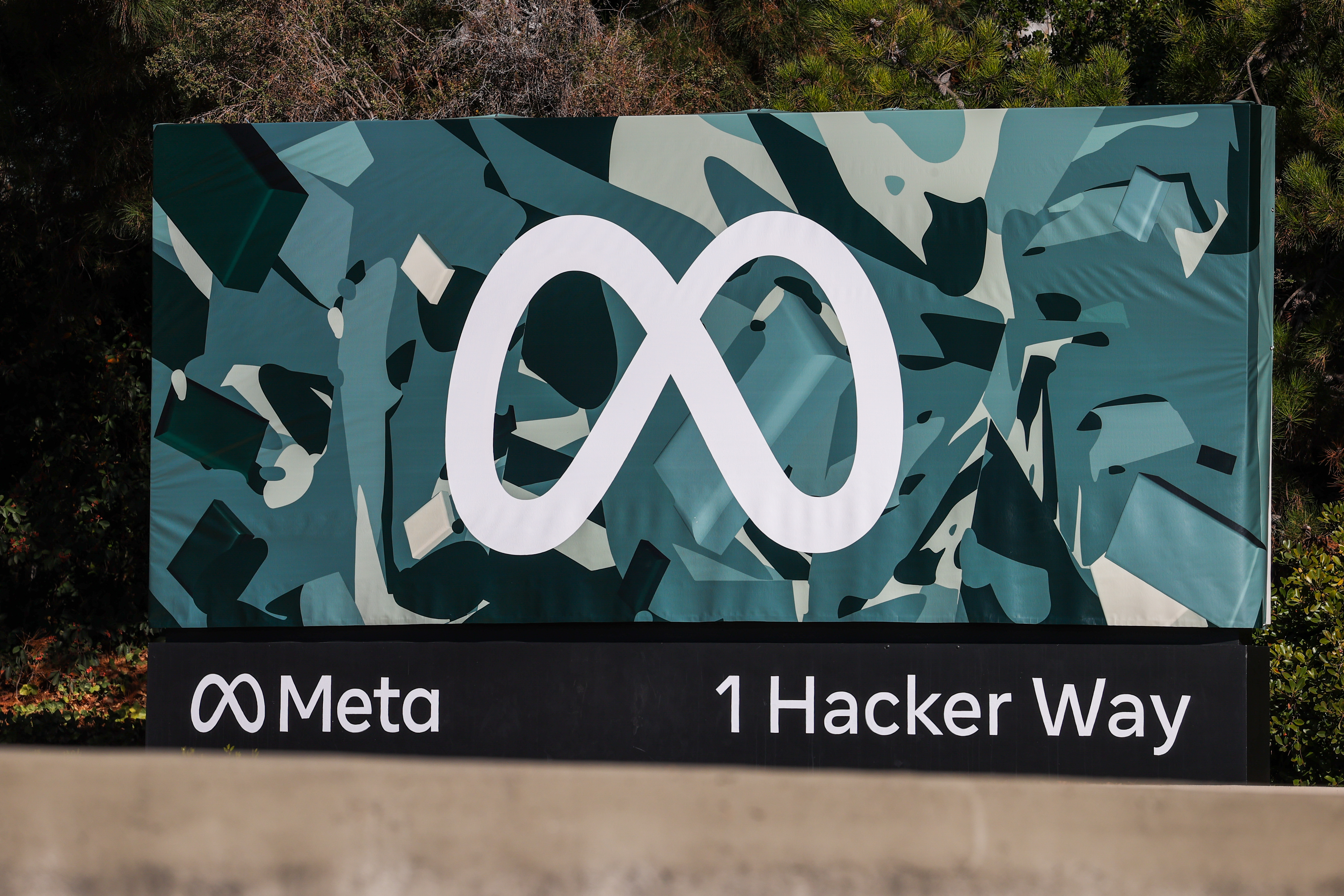
Sign up today and you will receive a free copy of our Future Focus 2025 report - the leading guidance on AI, cybersecurity and other IT challenges as per 700+ senior executives
You are now subscribed
Your newsletter sign-up was successful
Meta has unveiled its new AI large language model, Llama 2, which can be used freely for both commercial and research purposes and operates on a similar level to ChatGPT.
Llama 2 has been released as multiple models, with a 7-billion (7B), 13-billion (13B), and 70-billion (70B) parameter sizes and fine-tuned chat variants of each.
Developers have already made Llama 2 available via API, and the model is likely to become even more widely used as it is embraced by businesses.
In benchmarks comparing the model to other open-source models, Llama 2 performed at a consistently higher level particularly when it came to math and benchmarks that probed the depth of its knowledge base.
Meta has also compared Llama 2 70B to GPT-3.5, which is used as ChatGPT’s primary model, and achieved similar results across all areas except for math problems. It also almost completely outperformed Google’s PaLM but was eclipsed by GPT-4 and PaLM 2.
Llama 2 70B particularly excelled at Multi-task Language Understanding, a ‘zero-shot’ benchmark intended to stress test a model’s pre-training knowledge by presenting it with tasks that fall outside of the data on which it was trained.
Despite being less powerful than ChatGPT in some instances, it may prove more beneficial to companies looking to adopt AI at zero cost, although applicants whose products and services have more than 700 million monthly active users must approach Meta directly for permission to use the model.
Sign up today and you will receive a free copy of our Future Focus 2025 report - the leading guidance on AI, cybersecurity and other IT challenges as per 700+ senior executives
The policy has drawn the ire of some commentators, who have argued that it limits access by certain competitors.
Ah yes, the well known "except you, FAANG" clause that's so common in *open source* licenses like GPL, MIT, BSD, Apache2, ...Here I go again, this can't be for real lol https://t.co/XnuKhpxV6j pic.twitter.com/I7OfhCIj4nJuly 18, 2023
However, a number of high-ranking individuals from companies and institutions throughout the AI ecosystem signed a statement in support of Meta’s approach to AI:
“We support an open innovation approach to AI,” read the statement.
“Responsible and open innovation gives us all a stake in the AI development process, bringing visibility, scrutiny, and trust to these technologies. Opening today’s Llama models will let everyone benefit from this technology.”
The open technology non-profit group OpenUK has also registered its support for Llama 2, but acknowledged that the access limitations on the model prevent it from being fully classified as open source.
RELATED RESOURCE
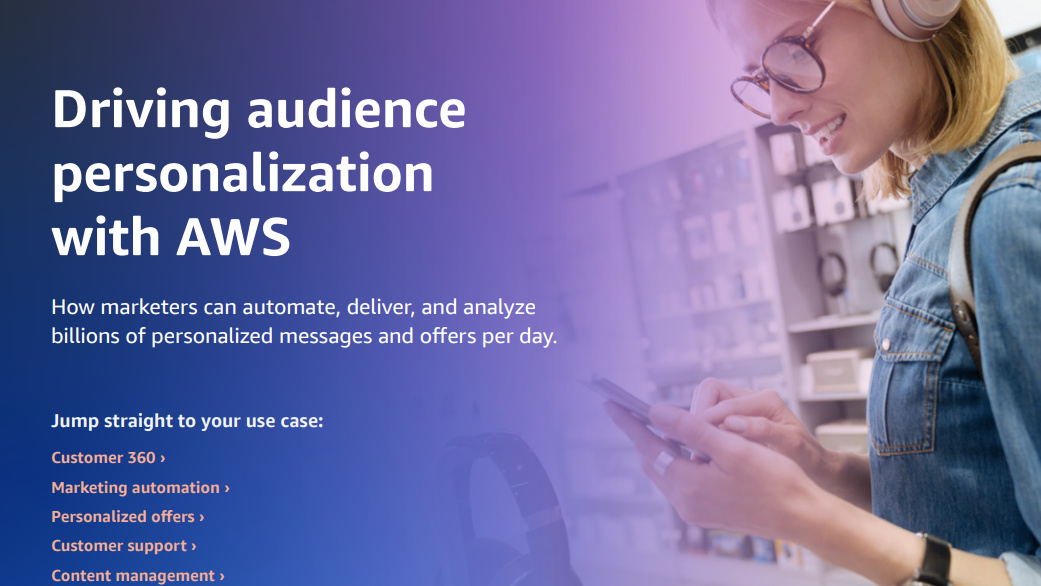
Automate personalization with AWS
Learn how to leverage the benefits of personalization and automation across every touch point.
“Supporting this step by Meta to formally open up an LLM, offering open development and open innovation in this space, is a no-brainer for OpenUK and had unanimous support from our Board,” said Amanda Brock, CEO at OpenUK.
“The democratization of AI and opening innovation around it to enable collaboration across our open communities is an essential step in the future of this most impactful of technologies. Whilst we recognize that this license is not an official ‘open source software’ one, it provides certainty for those that want to take advantage of Llama 2. This is a fantastic step in the right direction for open AI communities.”
Llama 2 was trained between January and July 2023, and Meta stated it used an offline dataset. It also trained a 34-billion parameter-size model for testing, which features in its Llama 2 academic paper, but will not be released.
Meta has committed to releasing further versions of tuned Llama 2 models “as [it improves] model safety with community feedback”
The model is being distributed by Microsoft as part of an existing partnership with Meta, and will be available via Azure AI and optimized to run on Windows systems.
It will also be made available through the platforms of AWS and Hugging Face to suit a wide range of use cases throughout the market and open-source community.
At the time of launch, Meta listed partners and supporters including Accenture, Jio, IBM, DropBox, Nvidia, Intel, and AMD.
Qualcomm and Meta also announced that they will collaborate on bringing Llama 2 to mobile devices in 2024, to run AI workloads directly on devices for a localized, private experience.
Llama 2’s precursor LLaMA was also open source, available on request and intended primarily for research purposes.
A week after it was announced, the model was leaked on 4chan and consequently widely shared, with some calling for it to be stored on Bitcoin for perpetual access.
Researchers had warned that the leaked model could be used for malicious purposes, such as social engineering.

Rory Bathgate is Features and Multimedia Editor at ITPro, overseeing all in-depth content and case studies. He can also be found co-hosting the ITPro Podcast with Jane McCallion, swapping a keyboard for a microphone to discuss the latest learnings with thought leaders from across the tech sector.
In his free time, Rory enjoys photography, video editing, and good science fiction. After graduating from the University of Kent with a BA in English and American Literature, Rory undertook an MA in Eighteenth-Century Studies at King’s College London. He joined ITPro in 2022 as a graduate, following four years in student journalism. You can contact Rory at rory.bathgate@futurenet.com or on LinkedIn.
-
 How the rise of the AI ‘agent boss’ is reshaping accountability in IT
How the rise of the AI ‘agent boss’ is reshaping accountability in ITIn-depth As IT companies deploy more autonomous AI tools and agents, the task of managing them is becoming more concentrated and throwing role responsibilities into doubt
-
 Hackers are pouncing on enterprise weak spots as AI expands attack surfaces
Hackers are pouncing on enterprise weak spots as AI expands attack surfacesNews Potent new malware strains, faster attack times, and the rise of shadow AI are causing havoc
-
 ‘In the model race, it still trails’: Meta’s huge AI spending plans show it’s struggling to keep pace with OpenAI and Google – Mark Zuckerberg thinks the launch of agents that ‘really work’ will be the key
‘In the model race, it still trails’: Meta’s huge AI spending plans show it’s struggling to keep pace with OpenAI and Google – Mark Zuckerberg thinks the launch of agents that ‘really work’ will be the keyNews Meta CEO Mark Zuckerberg promises new models this year "will be good" as the tech giant looks to catch up in the AI race
-
 Some of the most popular open weight AI models show ‘profound susceptibility’ to jailbreak techniques
Some of the most popular open weight AI models show ‘profound susceptibility’ to jailbreak techniquesNews Open weight AI models from Meta, OpenAI, Google, and Mistral all showed serious flaws
-
 Meta’s chaotic AI strategy shows the company has ‘squandered its edge and is scrambling to keep pace’
Meta’s chaotic AI strategy shows the company has ‘squandered its edge and is scrambling to keep pace’Analysis Does Meta know where it's going with AI? Talent poaching, rabid investment, and now another rumored overhaul of its AI strategy suggests the tech giant is floundering.
-
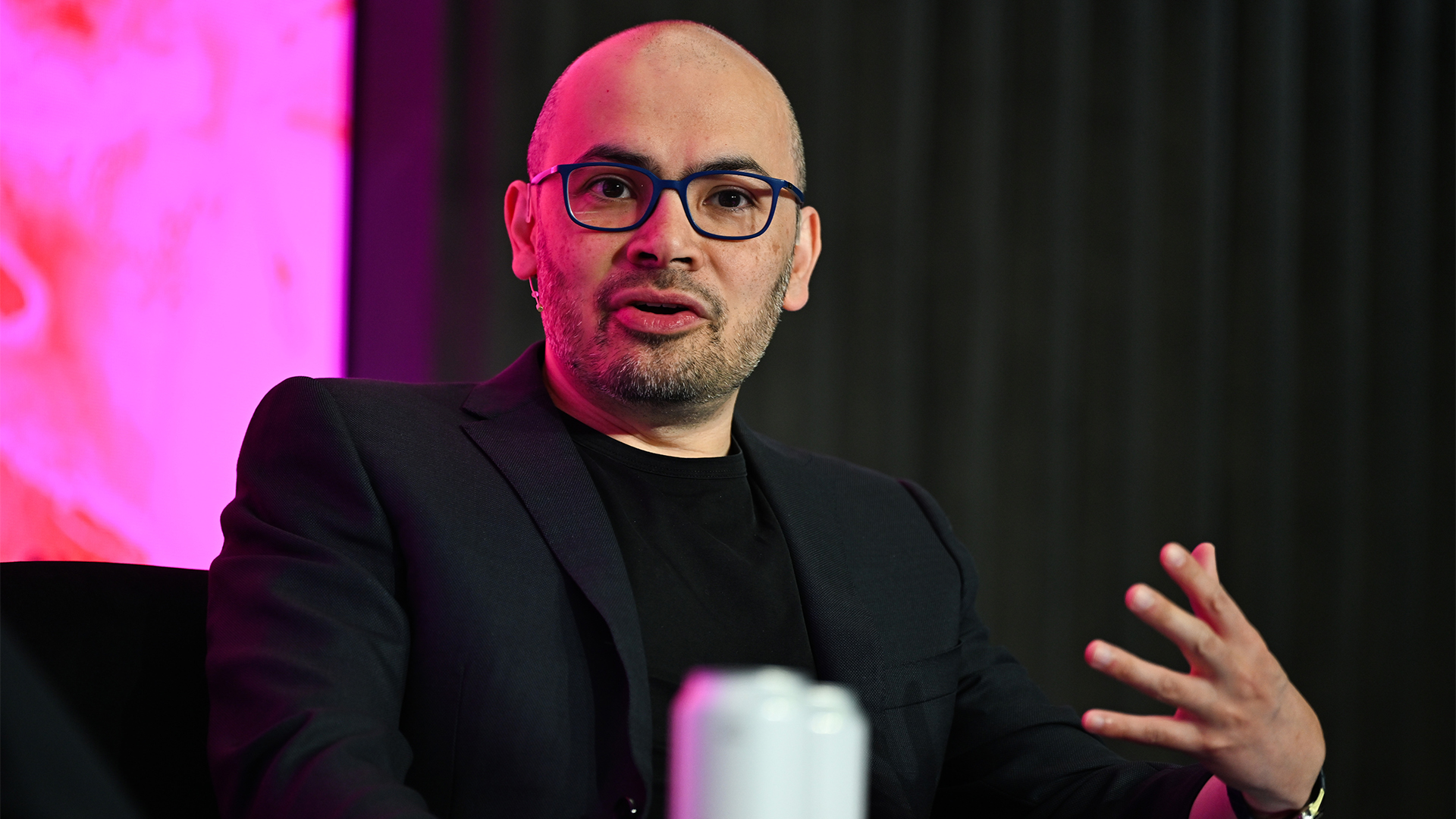 DeepMind CEO Demis Hassabis thinks Meta's multi-billion dollar hiring spree shows it's scrambling to catch up in the AI race
DeepMind CEO Demis Hassabis thinks Meta's multi-billion dollar hiring spree shows it's scrambling to catch up in the AI raceNews DeepMind CEO Demis Hassabis thinks Meta's multi-billion dollar hiring spree is "rational" given the company's current position in the generative AI space.
-
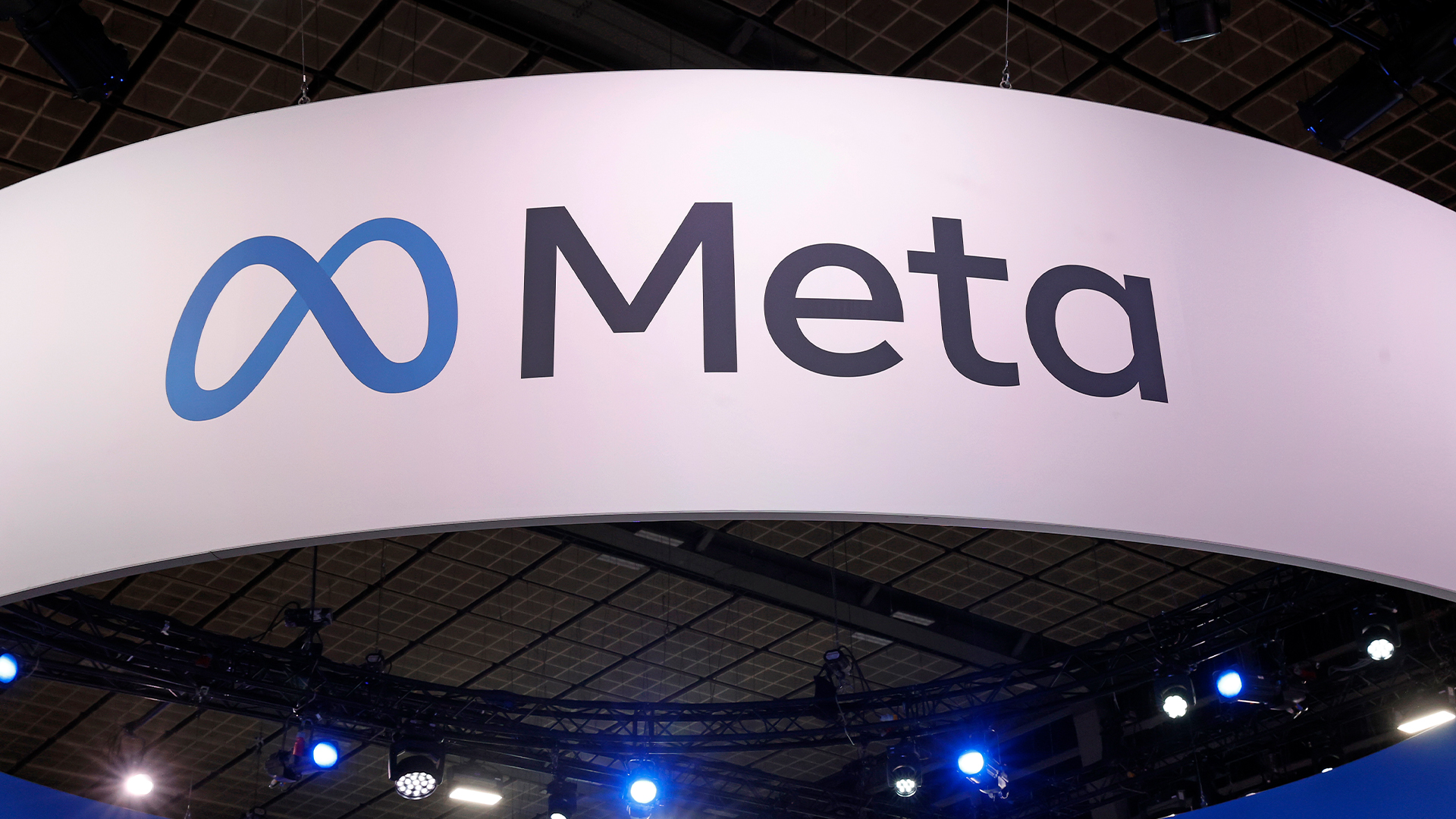 The UK government is working with Meta to create an AI engineering dream team to drive public sector adoption
The UK government is working with Meta to create an AI engineering dream team to drive public sector adoptionNews The Open-Source AI Fellowship will allow engineers to apply for a 12-month “tour of duty” with the government to develop AI tools for the public sector.
-
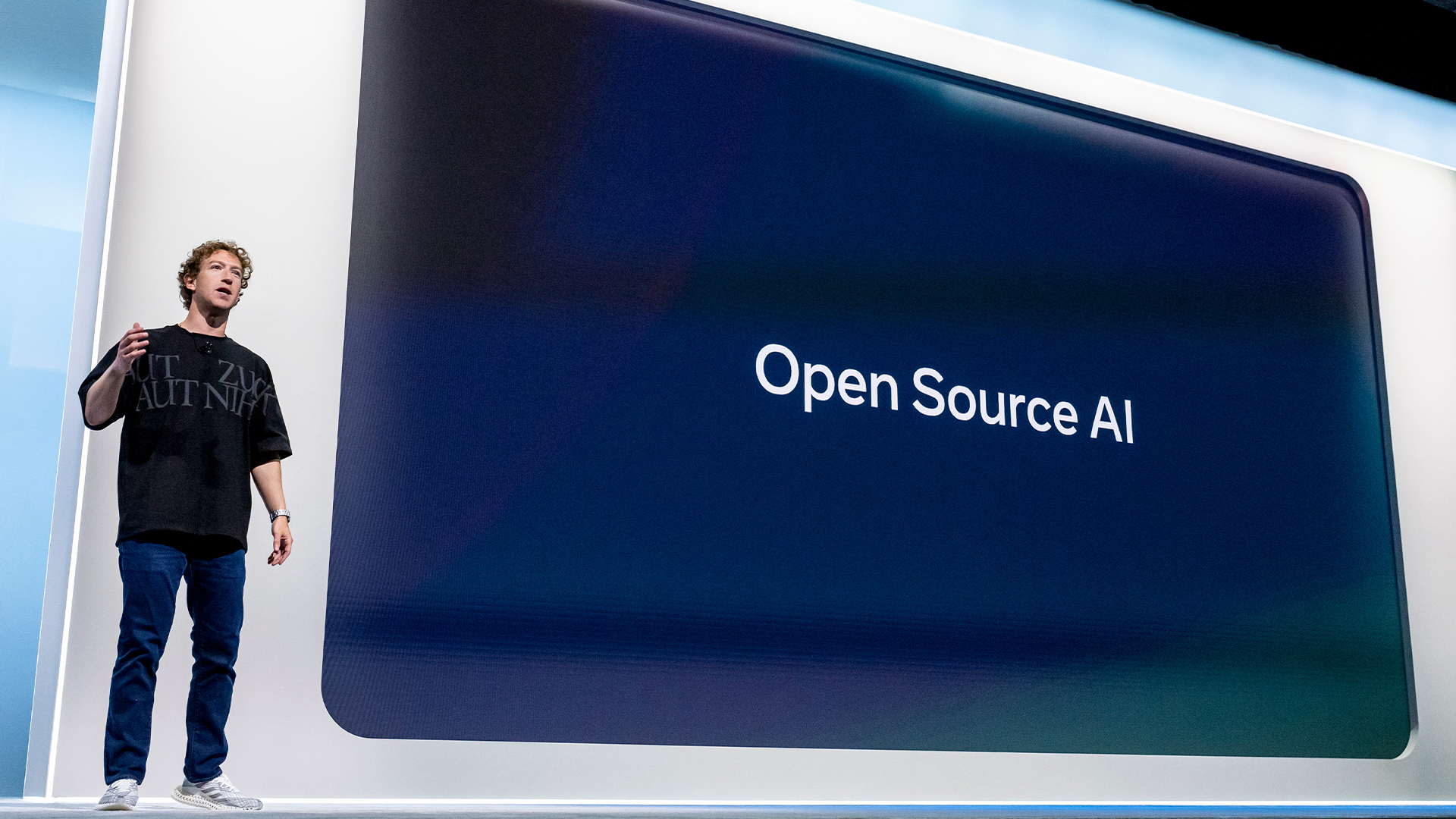 Meta faces new ‘open washing’ accusations with AI whitepaper
Meta faces new ‘open washing’ accusations with AI whitepaperNews The tech giant has faced repeated criticism for describing its Llama AI model family as "open source".
-
 Meta executive denies hyping up Llama 4 benchmark scores – but what can users expect from the new models?
Meta executive denies hyping up Llama 4 benchmark scores – but what can users expect from the new models?News A senior figure at Meta has denied claims that the tech giant boosted performance metrics for its new Llama 4 AI model range following rumors online.
-
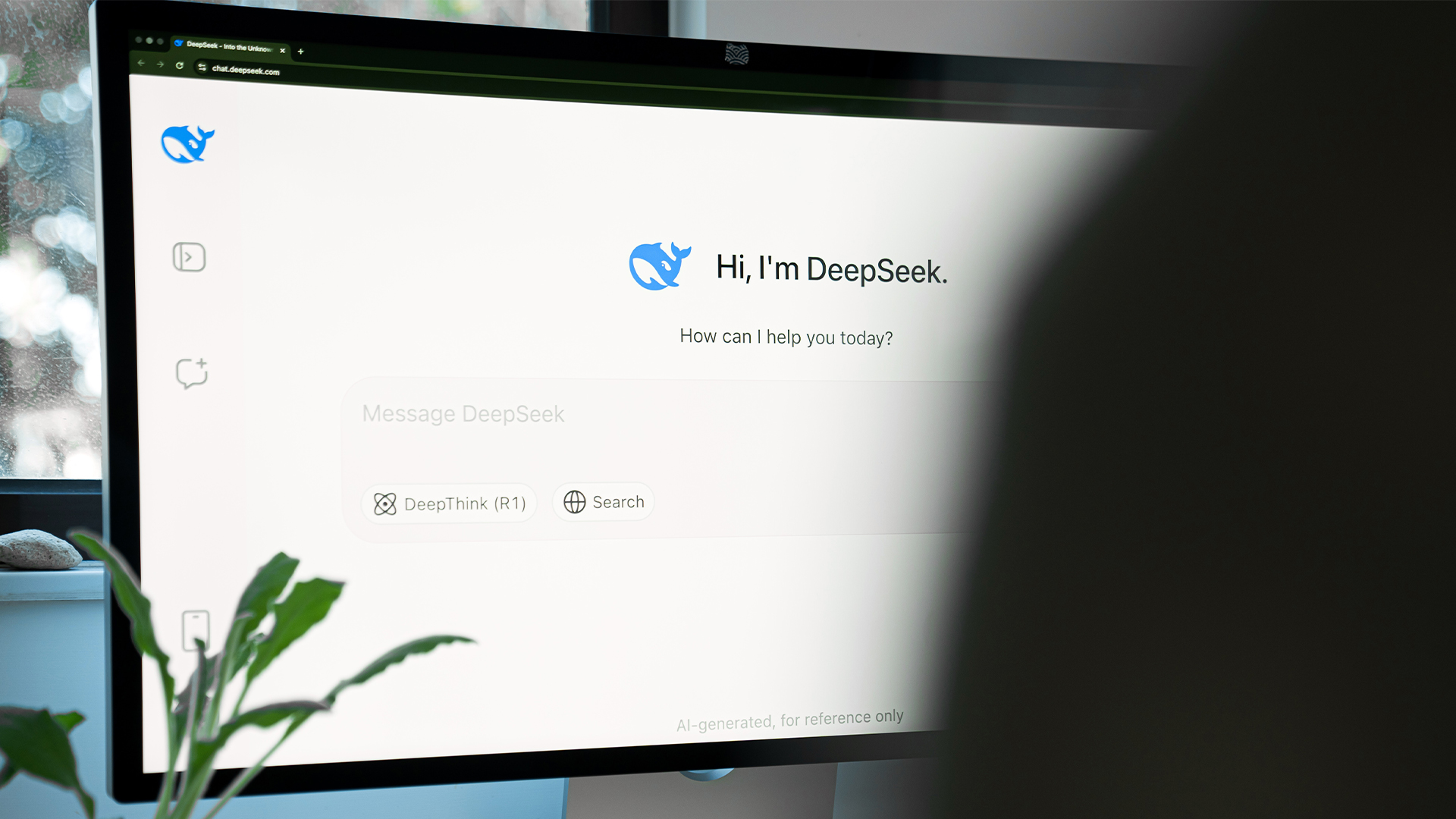 The DeepSeek bombshell has been a wakeup call for US tech giants
The DeepSeek bombshell has been a wakeup call for US tech giantsOpinion Ross Kelly argues that the recent DeepSeek AI model launches will prompt a rethink on AI development among US tech giants.